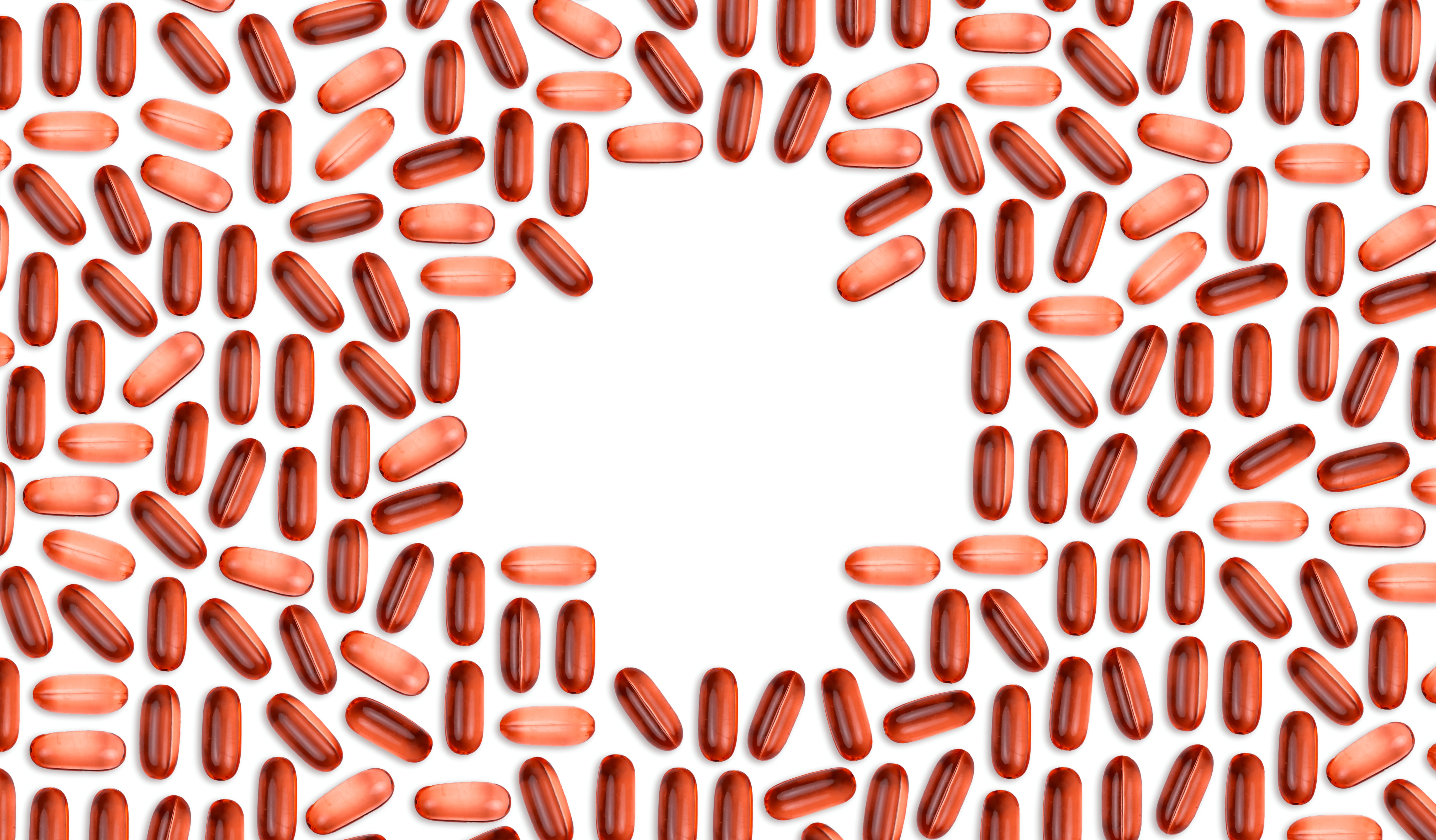With escalating concerns about the viral pandemic, now more than ever it’s important to take proactive steps to support our health. Our immune system is our internal army, providing defense against foreign invaders that can cause infection. It is comprised of various organs and cells that work together to thwart the continuous onslaught of germs that we are exposed to on a daily basis.
The overall strength of our immune system plays an important role in whether we’ll contract an infection and how long it will take our bodies to recover when we do get sick. Washing hands frequently and thoroughly and following social distancing is vital during a pandemic, however there are other proactive measures that we can take to support our immune system.
Supplemental Support
Vitamin C is essential for proper functioning of the immune system. It is needed to stimulate white blood cells, which provide our defense against vital invaders. Vitamin C levels may be lower among smokers, alcoholics, picky eaters and those under stress. Certain medications, such as birth control pills, steroids and diuretics can also deplete vitamin C. Some of the best food sources include bell peppers, citrus, strawberries and dark leafy greens. If these foods are not part of your daily diet or you are unable to get them at this time, you are at risk of deficiency and should consider supplementation. Look for a product that contains buffered vitamin C, such as Ester-C, which is easy on the stomach and offers good absorption and immune support.
Vitamin D plays a critical role in helping the immune system identify viruses and bacteria. A deficiency can increase risk of infections. There is a small amount of vitamin D in foods such as mushrooms, fatty fish and egg yolks. Additionally our bodies make some vitamin D with exposure to sunlight, something we are getting very little of during the coronavirus pandemic, making supplementation highly recommended among top health authorities.
Amazingly, 70% of the immune system is housed in the gut and probiotics provide the body with beneficial bacteria that play an important role in this immune health function. Probiotics help suppress growth of pathogenic bacteria and they help increase resistance to other infections. Probiotics also help improve digestion and the absorption of nutrients from food. Foods such as kefir, yogurt, kombucha, and kimchi provide some beneficial bacteria, but it is hard to know how much you are getting and if they are being absorbed and implanted in your gut. Probiotic supplements are the best way to ensure you are getting a consistent amount of beneficial bacteria. Look for Kyo-Dophilus Probiotics as they contain the clinically studied strains, known as The Friendly Trio; they have guaranteed potency until expiry and they don’t require refrigeration. You can find a ton of research and resources on probiotics at www.probiotics.com where I serve as an adviser.
Echinacea and elderberry have broad antiviral properties making them helpful for prevention and management of respiratory infections. These supplements can also help shorten the duration and severity of symptoms of viral respiratory infections. Look for products that are clinically studied, such as Echinaforce and Sambucol. Both are safe for children 2 years and above.
Lifestyle Strategies
Reduce stress. High levels of stress as well as the things people do when they are stressed (e.g. smoking, drinking alcohol and eating junk food), can reduce immune function and increase susceptibility to infections. Stress can also have a negative impact on digestive health and cause an upset in the balance of beneficial bacteria that are important for our immune system. Regular, moderate-intensity exercise such as brisk walking, yoga and biking is a great way to relieve stress while also supporting your immune health and digestion.
Get adequate sleep. Having less than 6 hours of sleep at night can reduce activity of immune cells and increase risk of colds and flu. Make your bedroom dark, quiet, cool and avoid using electronics before bed. Keep the hour before bedtime relaxing with activities such as soaking in a bath, reading and deep breathing. If you struggle with falling asleep or staying asleep, research shows that supplementing with magnesium can help by maintaining healthy levels of GABA, a neurotransmitter that promotes sleep.
Minimize sugar. Eating a diet high in sugar can weaken the immune system and hamper the ability of white blood cells to fight infection. There are obvious sources of sugar such as soft drinks, candy, cookies and other baked goods, but we also consume naturally occurring sugars from eating fruit. Try cutting down on added sugar and consider alternative sweeteners such as xylitol or stevia.
Avoid alcohol. Consuming too much alcohol can impair the immune system by reducing the function of the immune cells and changing the structure and integrity of the GI tract. Studies show low to moderate intake of antioxidant-rich beverages such as a glass of wine a day does not seem to have an effect on the immune system. So choose wisely and drink in moderation.
Building a strong immune defense system is critical to your health all of the time – not just during a health crisis. There is no better time than now to start adopting these important immune health habits that will pay dividends now and into your future.


